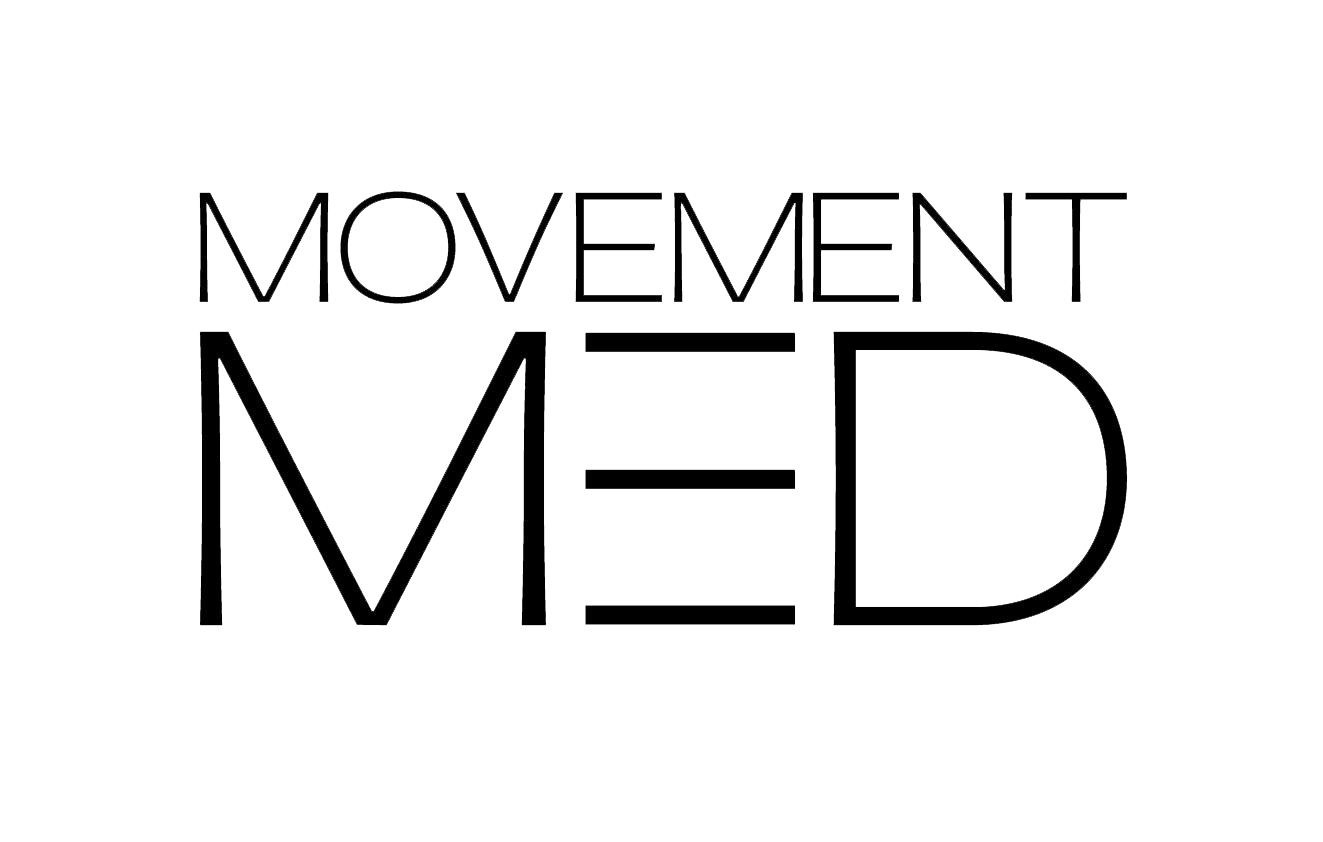How is Pilates and Neuroscience related?
How is Pilates and Neuroscience related?
Pilates and neuroscience are related in several ways:
Mind-Body Connection: Pilates is a form of exercise that emphasizes the mind-body connection. It focuses on developing awareness, control, and precision of movement. Neuroscience, on the other hand, is the study of the nervous system and how it relates to behavior, cognition, and the body. The mind-body connection explored in Pilates aligns with the understanding in neuroscience that our thoughts, emotions, and physical movements are intricately connected.
Neural Plasticity: Neuroscience has shown that the brain has the ability to change and adapt throughout life, a concept known as neural plasticity. Pilates exercises, which involve precise and controlled movements, can stimulate neural pathways and promote the development of new connections in the brain. This can enhance motor skills, coordination, and balance.
Proprioception and Body Awareness: Pilates places a strong emphasis on developing proprioception, which is the sense of knowing where your body is in space. Neuroscience studies how proprioception is processed in the brain and how it contributes to body awareness and movement control. Pilates exercises, with their focus on alignment, precision, and body awareness, can improve proprioceptive abilities and enhance the brain's understanding of the body's position and movement.
Neurological Rehabilitation: Pilates-based exercises have been used in neurological rehabilitation to aid in the recovery of individuals with conditions such as stroke, Parkinson's disease, or traumatic brain injuries. The principles of Pilates, combined with knowledge from neuroscience, can help improve motor function, balance, and coordination in these populations.
Mental Health and Well-being: Both Pilates and neuroscience recognize the impact of physical activity on mental health and well-being. Pilates exercises, with their focus on breath control, concentration, and mindfulness, can promote relaxation, reduce stress, and improve mood. Neuroscience research has demonstrated the positive effects of exercise on mental health, showing how physical activity influences brain chemistry, neurotransmitters, and the release of endorphins.
While Pilates and neuroscience are distinct fields, their overlap lies in the understanding of how movement, body awareness, and the mind can influence each other. The principles and techniques of Pilates can be informed by the scientific knowledge gained from studying the brain and its functions.
Here at Movement Med we always believe we can start with anyone to create a positive movement experience. We have had many clients with neurological conditions ( stroke, MS, Parkinsons, SCI injury etc.) come through our programs. Please feel free to reach out to us at movementmedchicago@gmail.com for more information on how we can help you.
Shane Rhoads M.S.ed
Movement Med
